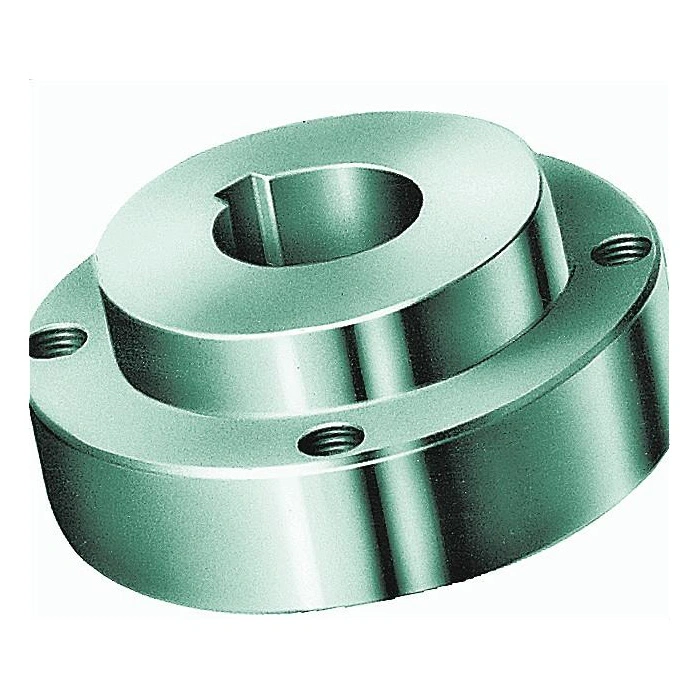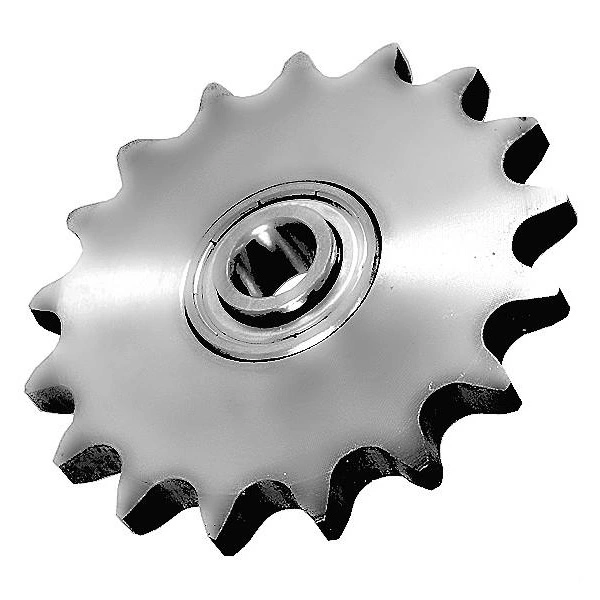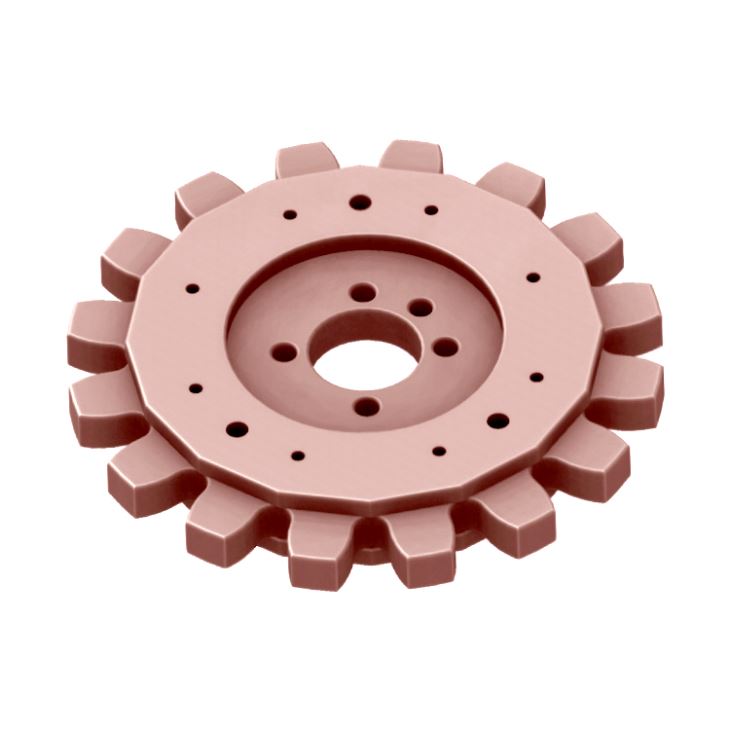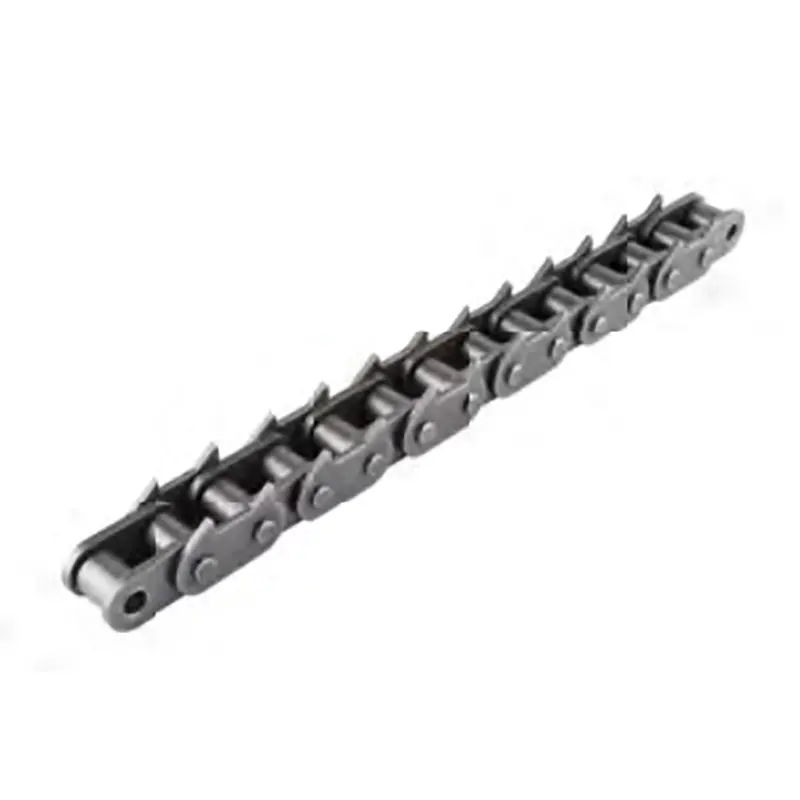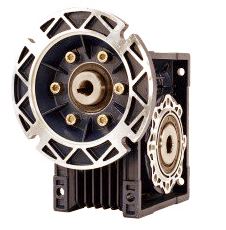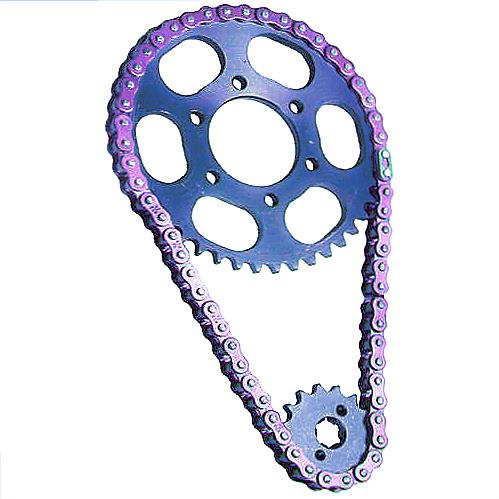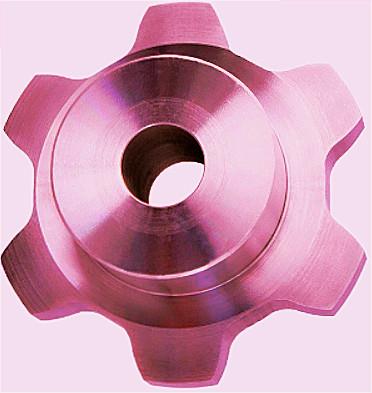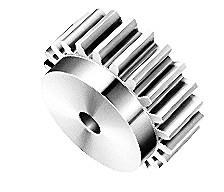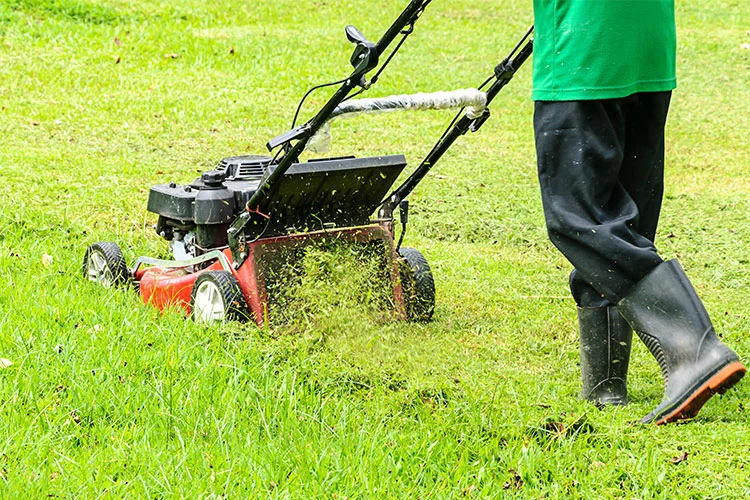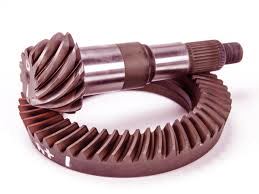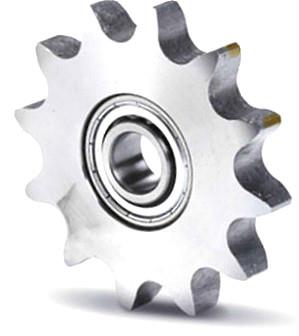Aluminum Gears: Lightweight & Durable Power Transmission Solutions
Aluminum gears have become increasingly popular in various industries due to their exceptional combination of lightweight properties and durability. These precision components offer superior performance in applications where weight reduction is critical while maintaining excellent strength characteristics.
Key Features of Our Aluminum Gears
- High strength-to-weight ratio
- Excellent corrosion resistance
- Precision machining with tight tolerances
- Smooth operation with minimal vibration
- Customizable tooth profiles
- Available in various aluminum alloys
Technical Specifications
| Parameter | Specification |
|---|---|
| Material | 6061-T6 Aluminum, 7075 Aluminum |
| Module Range | 0.5 to 10 |
| Tooth Count | 10-200 teeth |
| Pressure Angle | 20° (standard), 14.5° or 25° available |
| Face Width | 5mm - 100mm |
| Surface Finish | Ra 0.8μm - 3.2μm |
| Hardness | 95 HRB (6061), 150 HRB (7075) |
| Tolerance | AGMA 9-13, DIN 6-8 |
Aluminum Gears Applications
Our aluminum gears are widely used in:
- Aerospace components
- Robotics and automation systems
- Medical equipment
- Food processing machinery
- Automotive transmissions
- Marine applications
- Optical instruments
Aluminum Gears FAQ
What are the main advantages of aluminum gears compared to steel gears?
Aluminum gears offer several key advantages over steel gears. They are approximately 60% lighter than comparable steel gears, which is crucial in weight-sensitive applications. Aluminum provides excellent corrosion resistance without requiring additional treatments. The material's natural lubricity allows for smoother operation with less wear. Additionally, aluminum gears are easier to machine, resulting in lower production costs while maintaining precision performance.
How does the strength of aluminum gears compare to other materials?
While aluminum has lower absolute strength than steel, high-grade aluminum alloys like 7075 can achieve strength comparable to some steels when properly heat-treated. The strength-to-weight ratio of aluminum is actually superior to many steels. For applications where weight reduction is critical, aluminum gears often provide the optimal balance between durability and mass. Advanced aluminum alloys maintain dimensional stability under load and offer fatigue resistance comparable to many steel alloys in typical operating conditions.
What types of surface treatments are available for aluminum gears?
We offer several surface treatment options for aluminum gears to enhance performance. Anodizing creates a hard, wear-resistant surface that also improves corrosion resistance. Hard coat anodizing can increase surface hardness to Rockwell C scale levels. Teflon impregnation reduces friction and improves wear characteristics. We also offer various plating options including nickel plating for specific applications. The choice of treatment depends on the operating environment and performance requirements of the gear system.
Custom Aluminum Gear Manufacturing
Our manufacturing capabilities allow us to produce custom aluminum gears to meet your exact specifications. We can accommodate:
- Special tooth profiles (involute, cycloidal, custom)
- Non-standard pressure angles
- Unique bore configurations (keyways, splines, set screws)
- Integrated hub designs
- Special surface finishes
Quality Assurance
Every aluminum gear undergoes rigorous quality control:
| Test | Standard |
|---|---|
| Dimensional Inspection | ISO 1328-1 |
| Surface Finish | ANSI/ASME B46.1 |
| Material Certification | ASTM B211 |
| Hardness Testing | ASTM E10 |
| Runout Testing | AGMA 2000-A88 |


